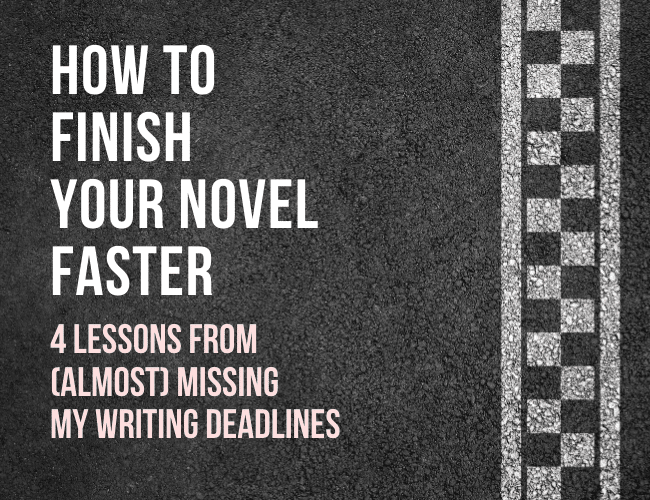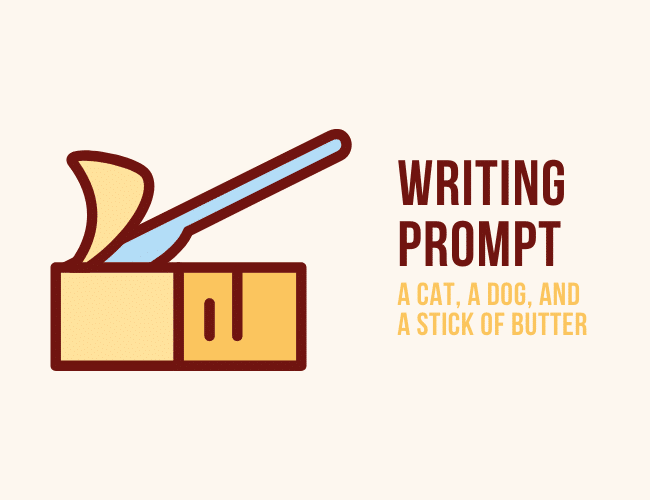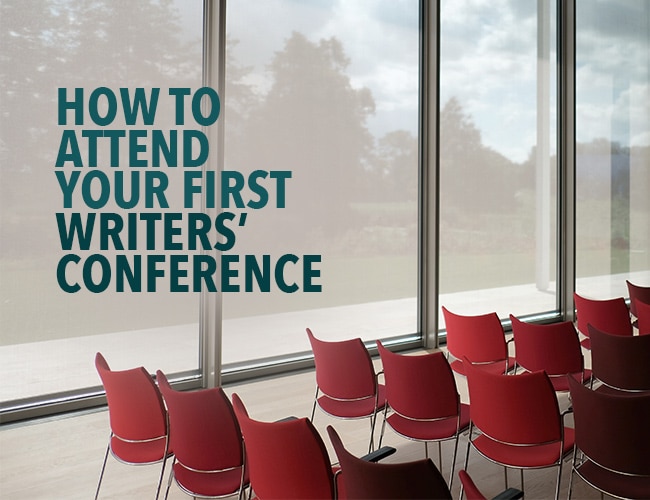
by Guest Blogger |
When you started your novel, how long did you think it would take to finish? Have those initial estimated writing deadlines come and gone? More importantly, did you finish your novel in that time frame?
If the answer is no, don’t fret. You’re not alone. Like me, you might fear you’ll never complete your story in a timely manner.
Maybe one day you lack inspiration. The next you don’t know where your story needs to go. Perhaps you procrastinate or feel low energy.
You know, the struggles all writers go through.
I suffered those afflictions and more during the 100 Day Book program at The Write Practice. And for a time, I thought I wouldn’t finish my novel by the deadline.
Let’s skip to the ending: I completed the second draft of my book on time.
Barely.
But I learned four valuable lessons in the struggle. Lessons that will help you in meeting deadlines and enduring the writing process.
I’d like to share them with you now, so you can write your completed novel far faster than you believe possible.

by Guest Blogger |
Fear, anticipation, and self-doubt are just a few emotions I felt during my first writing contest. Maybe you’re in the same place now. Wondering if you have a chance among the many entrants. Uncertain if it’s worth the time and effort.
Short answer—it is. And that holds true whether you win or lose.
But I also want to reveal five tips for improving your winning chances in a writing contest. See, I won the Short Fiction Break 2020 Summer Writing Contest with my story Dark Time. Here’s how.

by Guest Blogger |
You love to write. People have told you you’re good at it, and you sense they’re right.
But writing is one thing. Writing for a living is another. How do you know the time is right, or whether you really have what it takes?
You’d better be certain you know what you’re getting yourself into before you take the leap. Full-time writing is no hobby. And it’s not easy. But if you’re called to it—oh, the rewards.

by Guest Blogger |
Today we are going to write a story. A story has a beginning, a middle and an end. A story starts when something happens. A story starts with an inciting incident. An inciting incident is something that prompts action.

by Guest Blogger |
Writers’ conferences can launch a career. They bring writers face to face with authors, agents, editors, publishers, and other writers at all skill levels.
But they can feel overwhelming for the uninitiated. With all the offerings, how does a writer navigate a conference to get the most from it?




